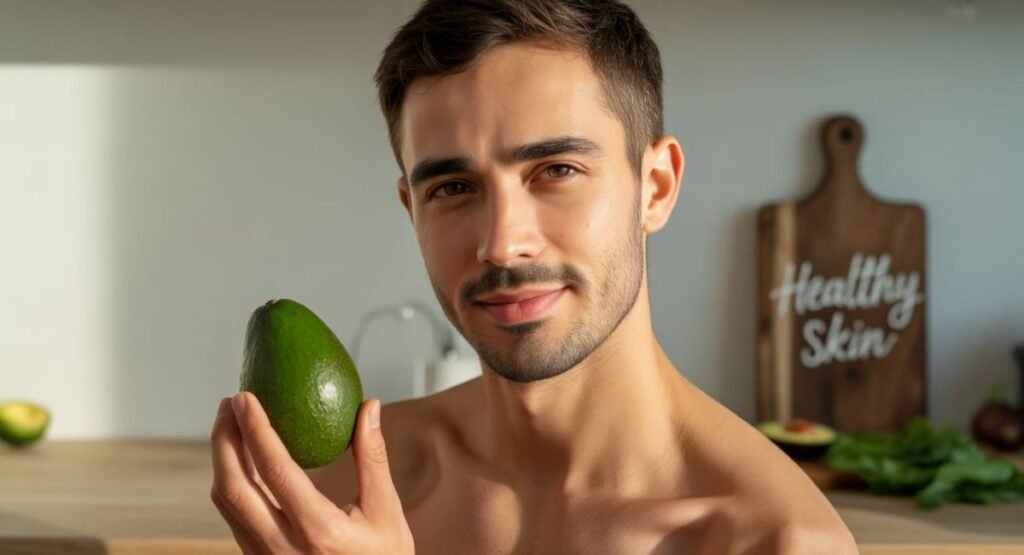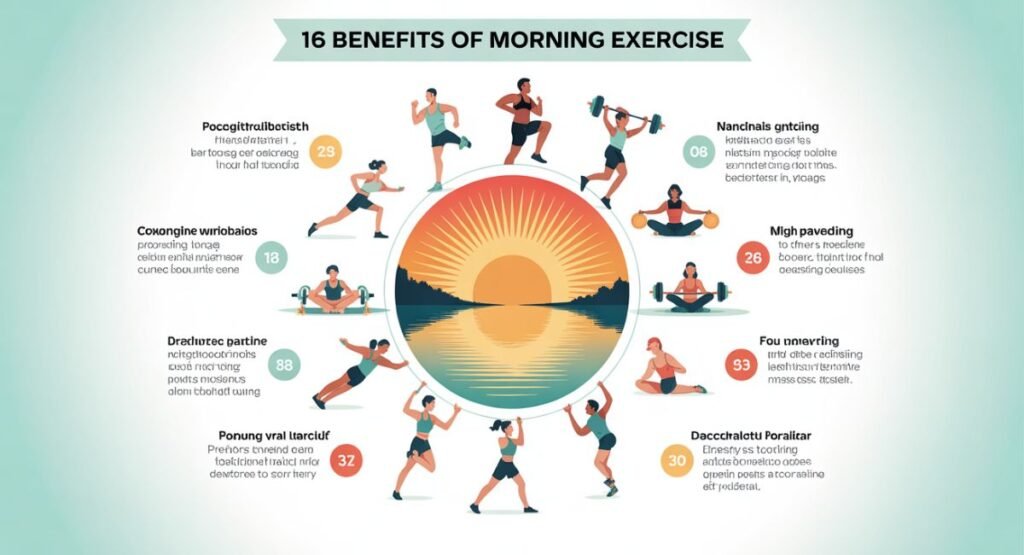Introduction
Taking care of our skin goes beyond topical treatments; it starts from within. Our diet plays a pivotal role in nurturing skin health. Understanding how what we eat impacts our skin can pave the way for a radiant complexion and a healthier glow.

Understanding the Impact of Diet on Skin Health
The Role of Nutrients
The nutrients we consume have a direct correlation with our skin’s vitality. Essential vitamins, minerals, antioxidants, and fatty acids contribute to maintaining healthy skin.
Foods that Nourish the Skin
Certain foods are particularly beneficial for skin health. Incorporating these into your diet can significantly enhance your skin’s appearance and texture.
Best Foods for Radiant Skin
Fruits for Glowing Skin
Fruits rich in antioxidants, such as berries and citrus fruits, help combat free radicals and promote collagen production, resulting in glowing skin.
Vegetables that Boost Skin Health
Leafy greens, tomatoes, and bell peppers contain vitamins and antioxidants vital for skin rejuvenation and protection against UV damage.
Healthy Fats and Oils
Omega-3 fatty acids found in fish, avocados, and nuts contribute to skin hydration and elasticity.
Proteins and Collagen Formation
Lean proteins and collagen-rich foods like bone broth support collagen synthesis, crucial for maintaining skin’s firmness and elasticity.
Hydration and Its Significance
The Importance of Water
Hydration is key to supple skin. Water helps flush out toxins, keeping the skin hydrated and plump.
Hydrating Foods
Incorporating water-rich foods like cucumbers, watermelon, and celery aids in maintaining skin hydration levels.
Foods to Avoid for Healthy Skin
Impact of Sugar and Processed Foods
Excessive sugar and processed foods can trigger inflammation and accelerate skin aging.
Effects of Dairy Products
Dairy products may exacerbate acne and skin inflammation in some individuals.
Highly Processed Oils and Skin Health
Trans fats and highly processed oils can disrupt skin’s natural balance, leading to breakouts and dullness.
Developing a Balanced Diet Plan for Skin Health
Creating a Nutrient-Rich Meal Plan
Crafting a diet rich in varied nutrients supports overall skin health.
Incorporating Variety for Skin Benefits
Diversifying your diet with a spectrum of nutrients ensures holistic skin nourishment.
Lifestyle Factors Beyond Diet
Impact of Stress on Skin
Managing stress is crucial; high-stress levels can trigger skin issues.
Quality Sleep and Skin Regeneration
Adequate sleep aids in skin regeneration and repair, contributing to a refreshed complexion.
Conclusion
Nourishing your skin from the inside out is fundamental for a radiant appearance. A balanced diet, hydration, and mindful lifestyle choices collectively play a pivotal role in achieving healthy, glowing skin.
FAQs
- Can certain foods directly cause acne? Some individuals may notice acne flare-ups due to consuming dairy or high-glycemic foods, but it varies for each person.
- How long does it take for dietary changes to reflect on the skin? Generally, noticeable changes may take a few weeks to a couple of months, depending on individual skin conditions.
- Are supplements as effective as whole foods for skin health? While supplements can assist, obtaining nutrients from whole foods is optimal for holistic health benefits.
- Can excessive water intake improve skin quality? While hydration is vital, excessive water intake doesn’t necessarily enhance skin quality beyond optimal hydration levels.
- Is there a universal “best” diet for skin? Individual responses to different diets vary; a balanced, nutrient-rich diet tailored to one’s needs is key for skin health.




Pingback: Mindful Reasons to Use Sunscreen Every Day: Expert Guide to Daily Sun Protection